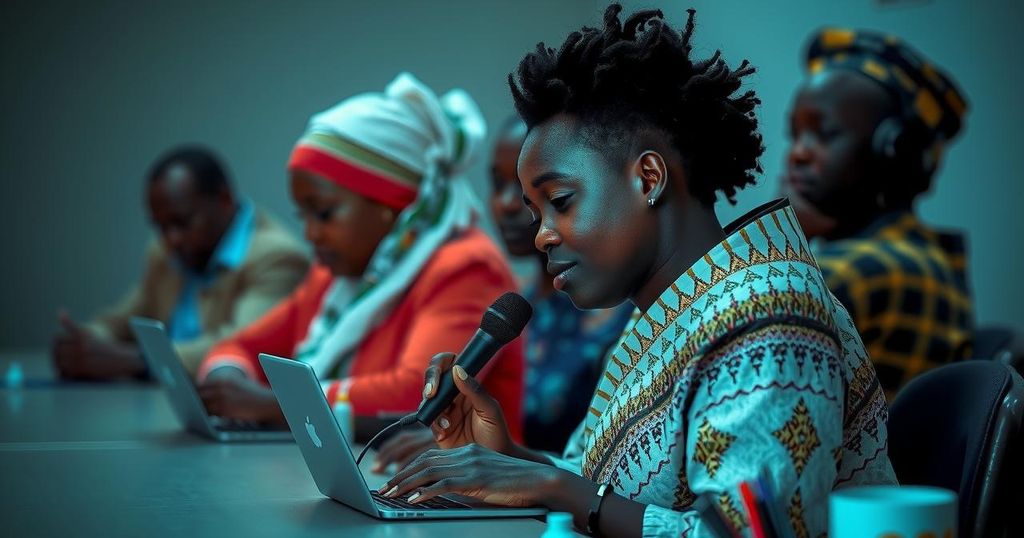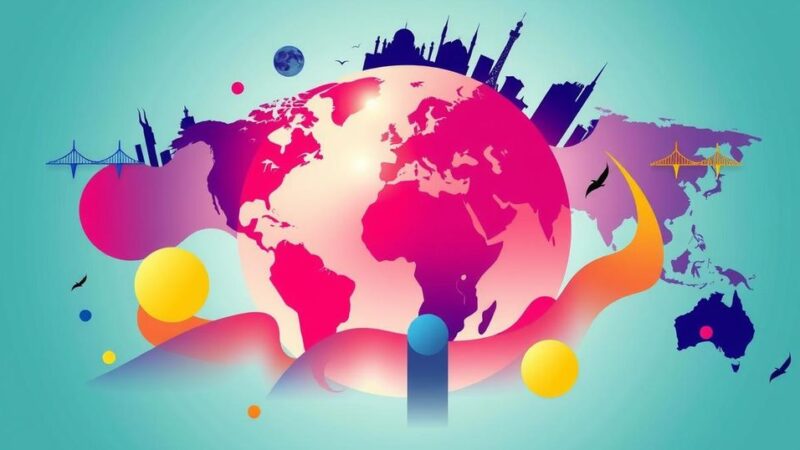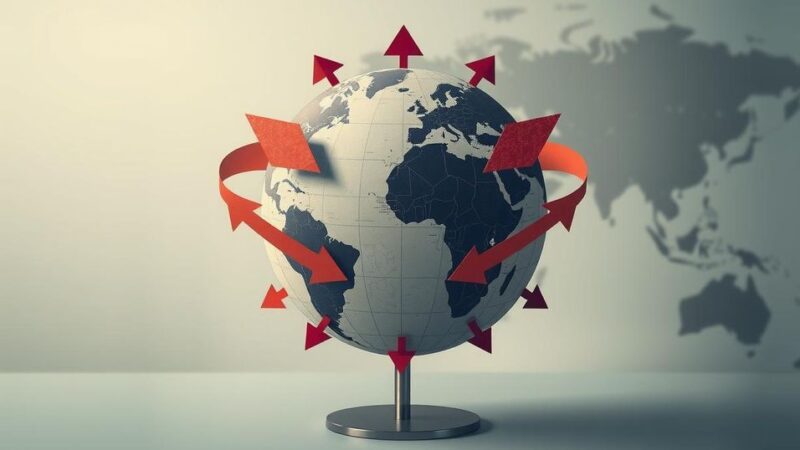Deepfakes featuring Donald Trump threaten the governments of Kenya and Nigeria, showcasing false claims and alarming statements. In Kenya, a video warns of U.S. financial cutbacks if abductions continue, while in Nigeria, fabricated announcements regarding immigration policy changes circulate, illustrating the potent impact of misinformation.
The recent emergence of deepfake technology focusing on Donald Trump has raised concerns particularly within Kenya and Nigeria. Numerous synthetic videos featuring Trump have circulated in these nations, depicting him making alarming statements aimed at their governments. In Kenya, these deepfakes include a fabricated warning from Trump to President William Ruto, alleging that U.S. financial support would cease if the Kenyan government does not address abductions. In Nigeria, similar videos suggest significant alterations to U.S. immigration policies. This trend highlights the dual threat of misinformation and international relations influenced by emerging technologies.
Deepfake technology, which utilizes artificial intelligence to create hyper-realistic fake videos, poses a significant risk to political stability and public trust, particularly in regions with tumultuous governance. As countries such as Kenya and Nigeria navigate the complexities of their relationships with the United States, the proliferation of misleading media can exacerbate tensions and lead to significant geopolitical ramifications. The deepfakes concerning Trump exemplify how easily public perceptions can be manipulated, affecting both citizen sentiment and government policy.
In summary, the spread of deepfakes implicating Donald Trump in threats towards Kenya and Nigeria underscores the precarious intersection of technology and politics. These artificial representations not only mislead the public but may also influence diplomatic relationships between nations. As such, vigilance is necessary in discerning fact from fiction in today’s digital landscape.
Original Source: www.firstpost.com






